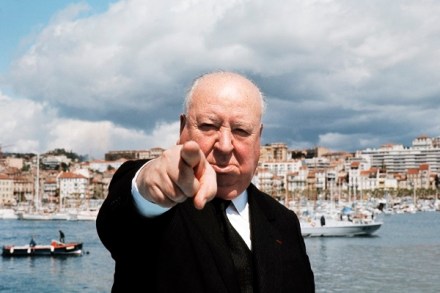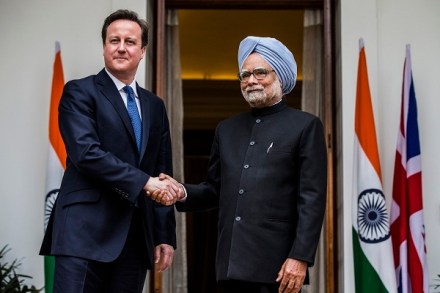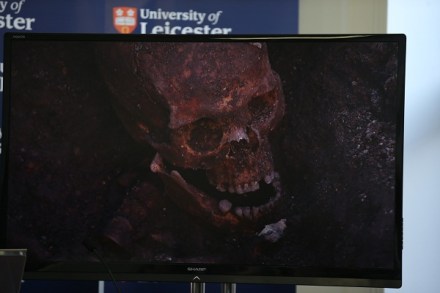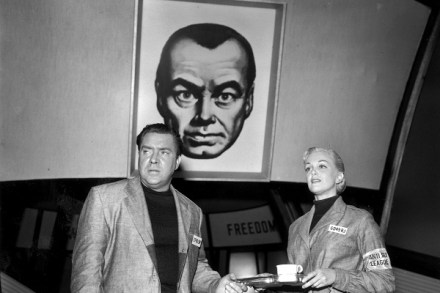Review – Invisible Romans, by Robert Knapp
It’s tempting to reduce the Roman Empire to a roll call of famous men and their infamous deeds. The Republic toppled with Caesar on the steps of the senate; freedom of speech was curtailed as brutally as Cicero’s tongue; democracy became an act on Octavian assuming his stage name. However Robert Knapp, Professor Emeritus at the University of California, isn’t interested in that version of history. Like Mary Beard, who pottered around Rome deciphering inscriptions for the BBC, he’s concerned with ordinary folk. His Invisible Romans range ‘from fairly wealthy to modestly well-off and downright poor, male and female, slave and free, law-abiding and outlaw’. Between the super wealthy (the




















